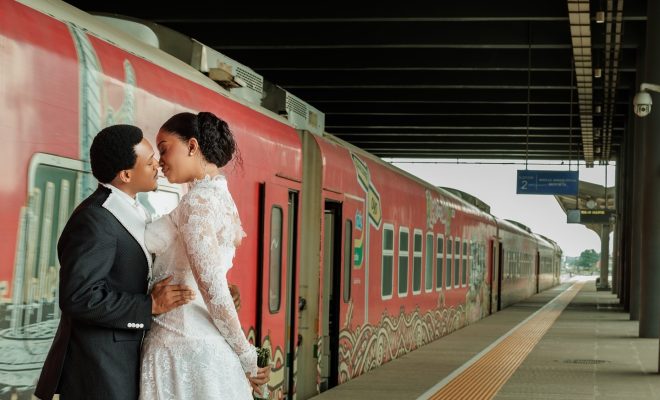Yoruba festivals aren’t just relics of the past; they’re living traditions full of dance, royalty, music and meaning. If you missed the Lisabi Festival or Orona Day, do not worry.
There are still exciting celebrations on the 2025 cultural calendar, each offering a unique connection to history and community. From parades and processions to sacred rituals and bold fashion, these festivals are invitations to participate in Yoruba heritage. Mark the dates, plan your journey, and come ready to witness kings ride and queens dance.
Ojude Oba Festival
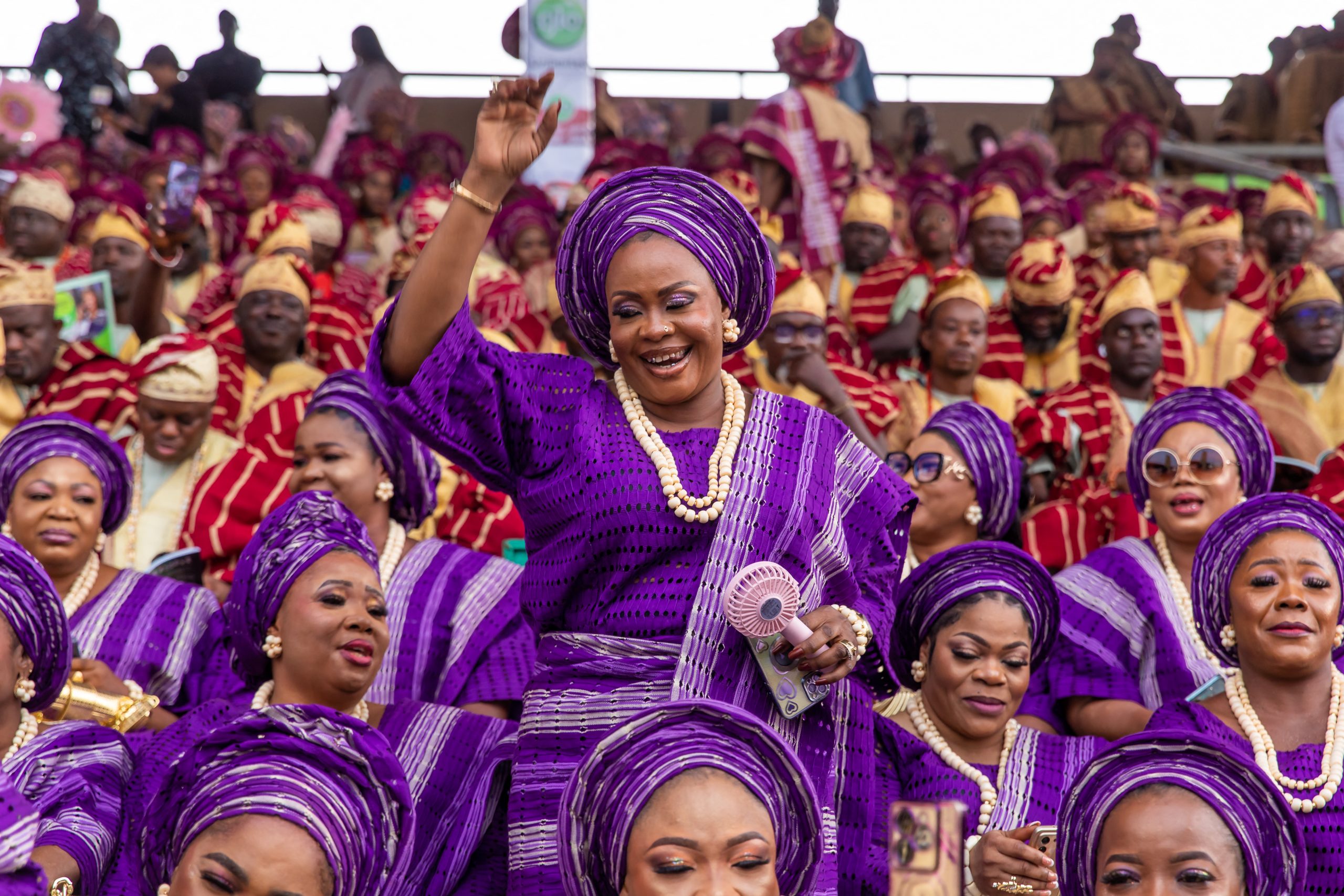
Held three days after Eid al-Kabir each year, the Ojude Oba Festival in Ijebu-Ode is a grand celebration that pays tribute to the Awujale, the traditional ruler of Ijebuland. The spectacle centres on a colourful parade by age-grade groups known as regberegbe, who are dressed in coordinated aso-ebi, accompanied by music, horse-riding, and joyful displays of cultural pride.
Visitors come from all parts of Nigeria and the diaspora to experience this display of glamour and tradition. The 2024 edition drew massive crowds and fashion moments that are still being talked about. In 2025, the festival promises another unforgettable celebration of unity, elegance and deep-rooted respect for royal heritage.
Olojo Festival
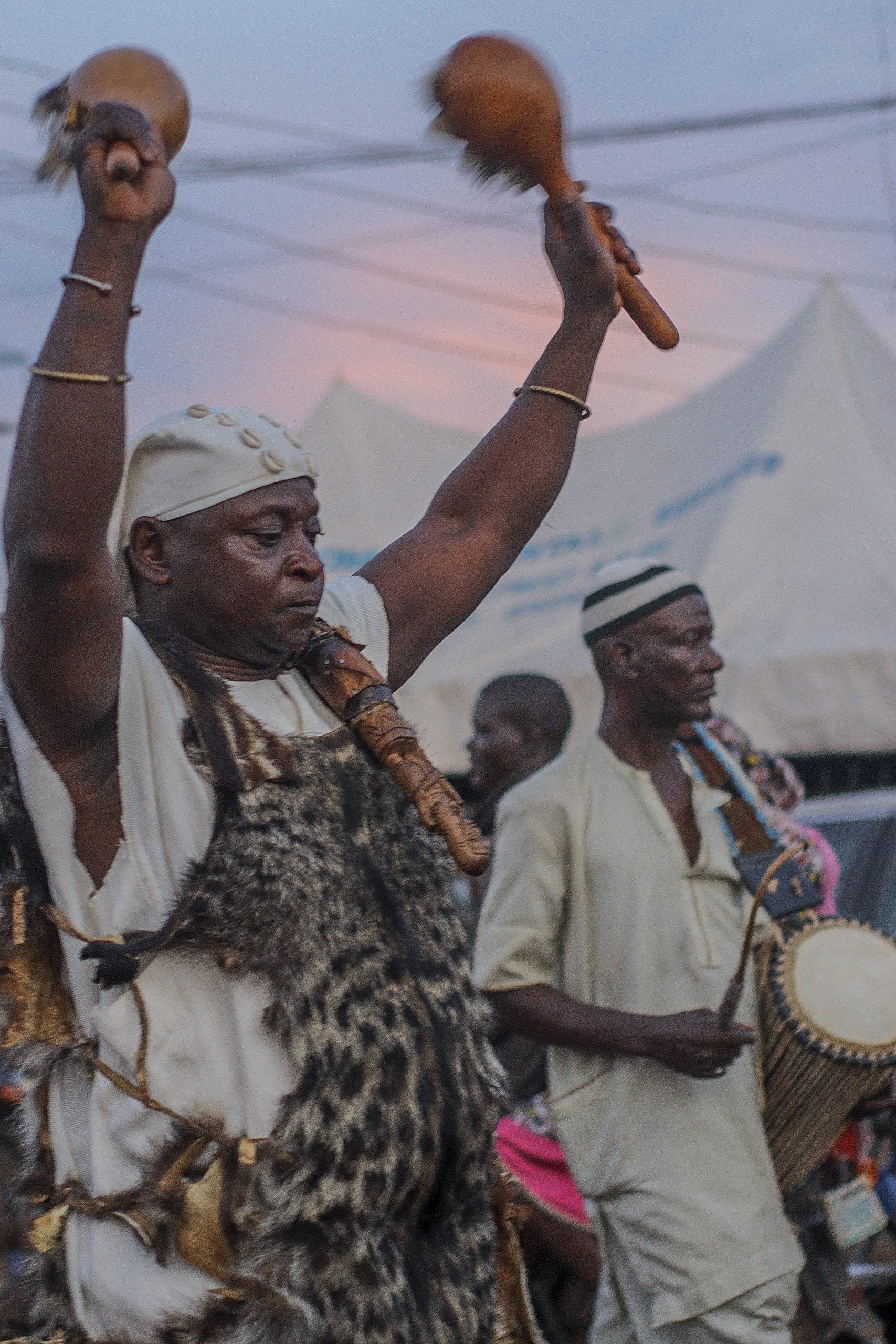
Olojo Festival in Ile-Ife, the spiritual heart of the Yoruba people, is a cultural event that celebrates the creation of the universe and honours Ogun, the god of iron. Held annually in late September, the festival’s highlight is the Ooni of Ife’s rare public appearance wearing the sacred Ade Aare crown, a symbol of ancestral authority.
The festival includes rituals at ancient shrines, traditional music, and community prayers for peace and prosperity. Olojo connects participants to myth, history and identity in powerful ways. Each year, the event draws thousands who seek spiritual grounding and cultural reconnection. The 2025 edition will continue this profound celebration of origins and order.
Igogo Festival
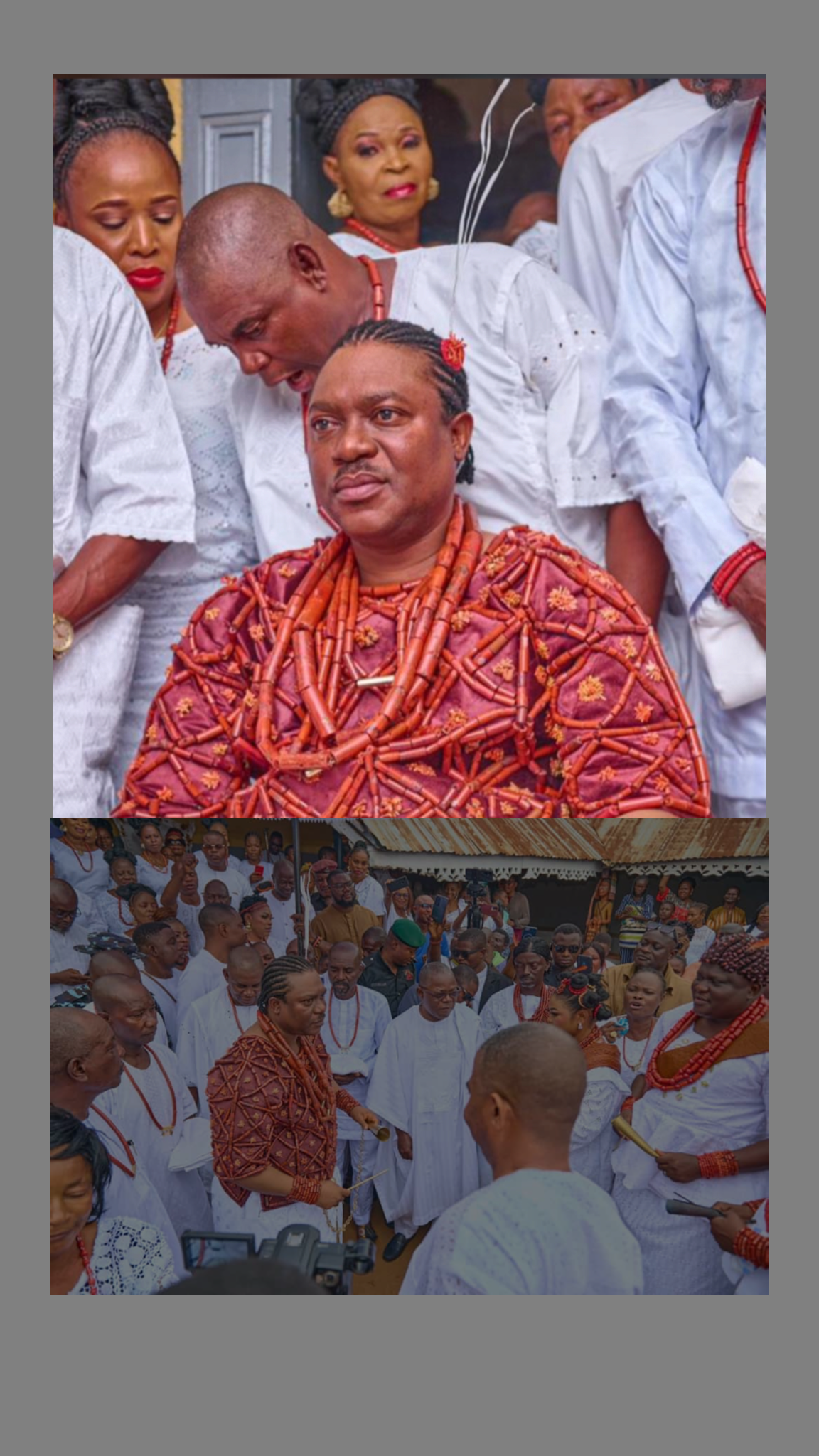
Every September, Owo in Ondo State hosts the Igogo Festival, a unique 17-day tribute to Queen Oronsen, a revered figure in Yoruba mythology. Dating back over 600 years to the reign of Olowo Rerengejen, the festival commemorates Oronsen’s departure from the palace after her sacred taboos were violated.
In a symbolic act of remembrance, the Olowo and his chiefs don women’s attire, adorned with coral beads and plaited hair, replacing drums with agogo (metal gongs). The festival features various ceremonies, including the blessings of new yams, and serves as a means to preserve and promote the cultural heritage of the Owo people. The festival draws attendees from across Nigeria and beyond.
Ṣango Festival
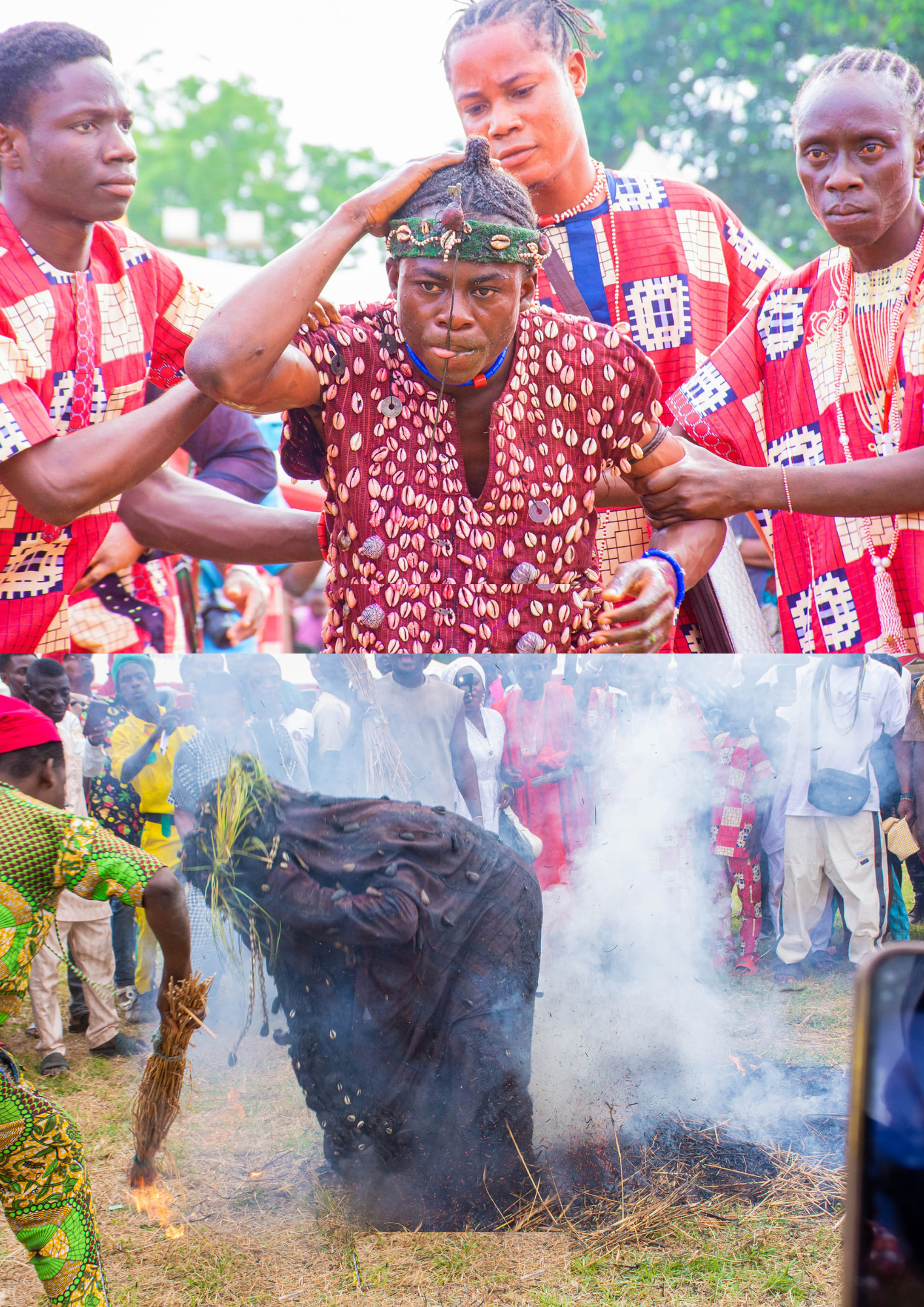
Held annually in August in Oyo Town, the Ṣàngó Festival celebrates the fiery deity of thunder and lightning, Ṣàngó. The festival is marked by spiritual dances, traditional chants, and fire displays that celebrate Ṣàngó’s legacy as a warrior and third Alaafin (king) of the Oyo Empire and honour his divine power and historical reign.
Devotees offer rituals and prayers at sacred sites, while processions energise the town with music and colour. The 2024 edition, celebrated in August, drew participants from across the southwest and beyond. With 2025 approaching, the festival continues to be a bold expression of Yoruba spirituality, reverence for ancestors, and the dramatic force of cultural identity.
5. Moremi/ Edi Festival
The Moremi/Edi Festival is an annual cultural festival in Ile-Ife that honours Queen Moremi Ajasoro, the Yoruba heroine who risked everything to save her people. Through storytelling, drama, and ritual, the community remembers her sacrifice and bravery. The festival is a space for reflection, pride, and celebration, especially for women and younger generations.
In 2024, events were held throughout the year in her honour, including processions at Enuwa Palace and tributes at the Ooni of Ife’s Palace. The 2025 edition promises a renewed focus on Moremi’s legacy, with cultural exhibitions, youth involvement and performances that bring her story alive. More than just a festival, it’s a legacy of resistance and honour.





